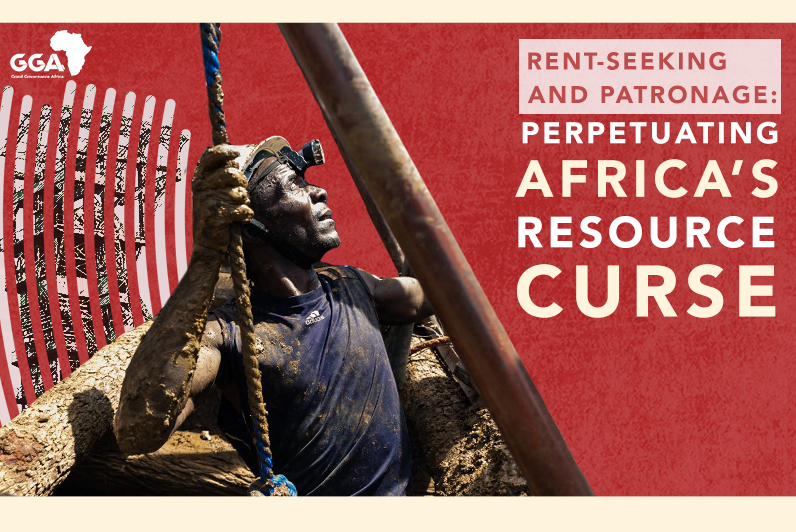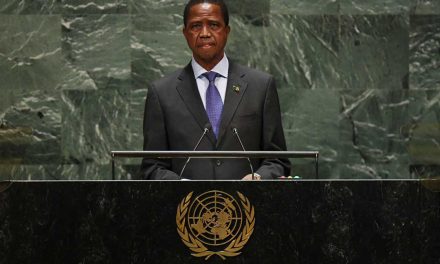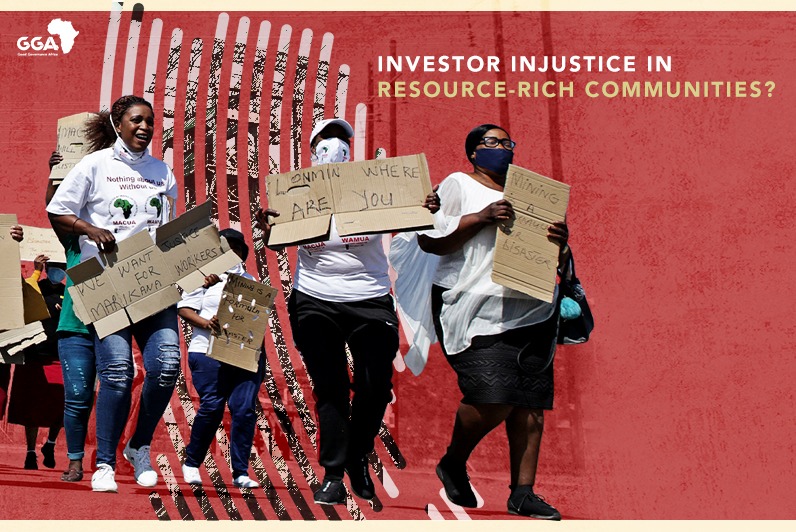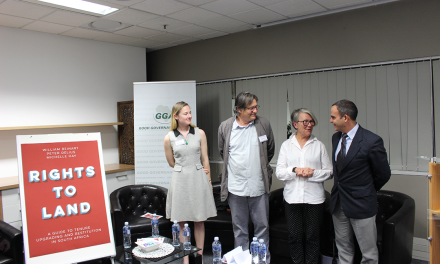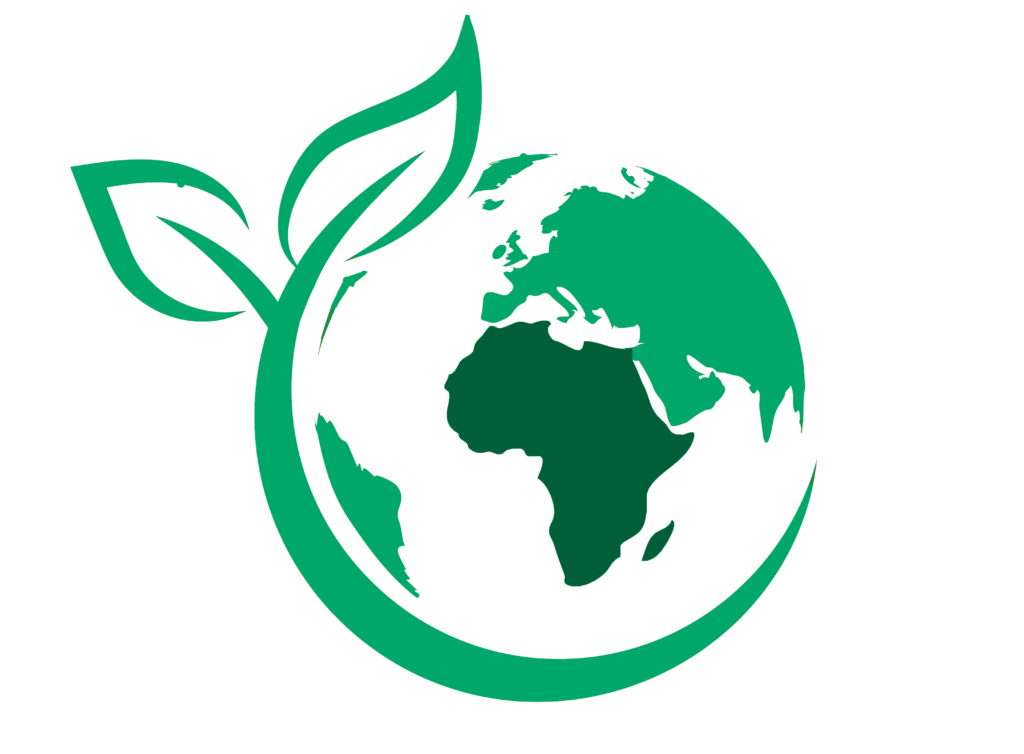 Today is World Environment Day. For a brief moment in time, the world may take some time to reflect on the way in which the ecological systems that sustain us are under threat. Perhaps an inadvertent blessing of Covid-19, too, is that it has exposed deep fragilities in our global systems. Our economic systems, first and foremost, clearly require deep reform. Failing to properly account for ecological degradation has unleashed climate change and viral dark matter, both of which have exacerbated vulnerabilities among the worst off. Ecological economists have been raising the red flag on this front for decades.
Today is World Environment Day. For a brief moment in time, the world may take some time to reflect on the way in which the ecological systems that sustain us are under threat. Perhaps an inadvertent blessing of Covid-19, too, is that it has exposed deep fragilities in our global systems. Our economic systems, first and foremost, clearly require deep reform. Failing to properly account for ecological degradation has unleashed climate change and viral dark matter, both of which have exacerbated vulnerabilities among the worst off. Ecological economists have been raising the red flag on this front for decades.
As we know, human beings are at risk of overstepping several planetary boundaries. These boundaries indicate the limits of what the planet can absorb in terms of anthropogenic impacts. They also interact in sensitive ways, generating risks that overstepping any one boundary may have domino effects on the others, precipitating ecological collapse. Because of these anthropogenic impacts, we are now living through the sixth extinction, compounded by climate change. Radical biodiversity preservation is now a non-negotiable global imperative that will require extensive collective action.
Realising this collective action, however, requires an acknowledgement that humanity has created this diverse set of “wicked’ problems by treating the natural environment as if it is a free good in our economic models. In other words, ignoring the basic laws of thermodynamics has resulted in economic policies that pursue growth in production and consumption without recognising that there are limits to how much growth the planet can handle. It is therefore imperative that we transform our economic models to recognise that no economy is even possible without sustainable ecological foundations.
If Covid-19 is not a catalyst for designing and implementing new economic models that help us to arrive at a more safe and just space in our delicate web of planetary boundaries, it is hard to imagine what could be. Our next edition of Africa in Fact, to be published on 1 July, deals with this very issue and we encourage you to keep an eye out for it!


